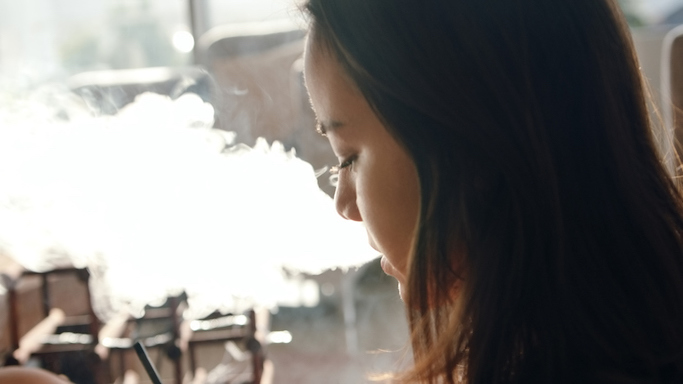The New Hampshire Department of Education recently published the state’s results for the 2021 Youth Risk Behavior Survey (YRBS). While data for traditional tobacco product use, including cigars, cigarettes, and/or smokeless tobacco, is not available for 2021, youth vaping has declined among New Hampshire high school students, similar to national survey data.
In 2021, among New Hampshire high school students, 31% reported having ever tried an e-cigarette, which was a 37.8% decline from 2019 when nearly half (49.8%) of students had ever tried vaping. Current use, defined as having used a vapor product on at least one occasion in the last 30 days, decreased by 52%, from one-third of students (33.8%) currently vaping in 2019 to 16.2% in 2021. Even better, only 5.3% of New Hampshire high schoolers reported daily e-cigarette use, which was a 44.2% decline from 2019’s 9.5%.
Interestingly, the 2021 YRBS did not ask New Hampshire high school students about other tobacco product use, yet, the survey for 2023 does ask about cigarette use. Nonetheless, according to data from the Centers for Disease Control and Prevention, smoking rates are some of the lowest levels recorded among young adults in the Granite State. In 2021, among 18- to 24-year-olds, 5.2% were currently smoking. This was a 45.8% decline from 2020 when 9.6% of young adults in New Hampshire were smoking and a whopping 94.8% decline from 1998 when nearly one-third (29.8%) of young adults were currently smoking.
While the declines in youth vaping among New Hampshire high schoolers are welcome, policymakers must be aware of the reasons why youth are using e-cigarettes. According to the National Youth Tobacco Survey, conducted by the CDC and U.S. Food and Drug Administration, in 2021, among U.S. middle and high school students that were currently using e-cigarettes, nearly half (43.4%) cited using them because they were feeling anxious, depressed, and/or stressed, compared to only 13.2% of who cited using e-cigarettes because they were available in flavors.
This is alarming as mental health issues are increasing among New Hampshire youth, while youth vaping has declined.
In 2021, nearly half of New Hampshire high schoolers (44.2%) reported feeling so sad or hopeless for two weeks in a row that they quit doing some of their usual activities. This was a 31.5% increase from 2019’s 33.6%. More alarmingly, the number of high schoolers reporting to have seriously considered suicide in the year prior to the survey increased by 34.2%, from 18.4% in 2019 to 24.7% in 2021.
The declines in youth vaping should be welcome news to policymakers in New Hampshire, and lawmakers should refrain from imposing prohibitions or excessive taxes on alternatives to smoking. Rather than addressing the fake youth vaping epidemic, policymakers should turn towards the growing mental health crisis among New Hampshire and American youth.
Lindsey Stroud is a Visiting Fellow at the Independent Womens Forum, Director of the Taxpayers Protection Alliance’s Consumer Center, and a board member with the American Vapor Manufacturers Association.

